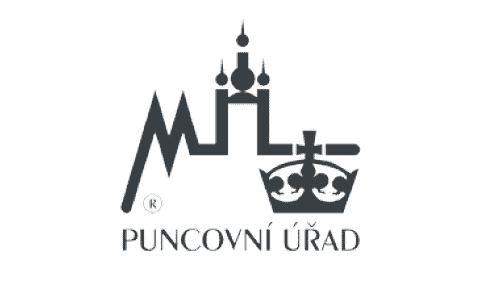IGEL Secure Endpoint OS
for Now and Next
IGEL is a transformative secure endpoint OS designed for SaaS, DaaS, VDI and secure browser environments. IGEL significantly reduces endpoint TCO and your endpoint attack surface.


When the Assay Office of the Czech Republic was looking to introduce a virtualized application infrastructure and replace its ageing endpoints they turned to IGEL because of its quality of desktop technology.
The Assay Office in the Czech Republic is responsible for the state control of hallmarking and precious metal testing. With 88 employees working from 10 offices around the country, the tasks of the Assay Office includes hallmarking control, hallmarking inspection at manufacturers and retailers, precious metal testing, commenting on technical standards and other activities specified under the Hallmarking Act.
After moving to a server-based computing and endpoint infrastructure in 2001, the Assay Office IT team was looking to implement application virtualization and refresh its endpoints across the organization to further centralize its IT infrastructure and simplify administration of its 10 outlets in the Czech Republic.
One important criterion for the new desktops was the existence of a COM port to connect a bar code scanner and electronic weighing scales to the devices.
“We studied reference case studies as well as undertaking our own tests of various endpoint brands,” said Ing. Martin Novotný, Chairman of the Assay Office. Working with the IT service provider, Baud, that originally recommended endpoints, the team tested the IGEL UD3-731 LX device against other brands and were impressed with its capabilities. After choosing IGEL for their desktop refresh, the IT team deployed 62 units across the business.
“Our environment is a classical client virtualization project,” said Ing. Martin Novotný. “We use VMware and we have 18 virtualized servers with Microsoft Windows 2008R2 and a Citrix XenApp farm of terminal servers. The virtualization project was finished without any issues and without the need of any special adjustments.”
Ing. Martin Novotný explained that his IT department was responsible for the server infrastructure. They work with Baud, which develops special business application for their needs and with IBM partner BitServis, which maintains the server infrastructure.
The main difference between the administration of client PCs and endpoints is a substantial simplification of IT administrators work,” said Ing. Martin Novotný. “Everything can be done on a central console and there is no need to go on-site and do local adjustments on the client stations.”
All the IGEL desktops are managed using the IGEL Universal Management Suite (UMS) software, which comes free with every device. The UMS can be used to set-up, maintain and upgrade all IGEL thin clients from a central location using a policy-based graphical interface. It is a simple to use management tool, which can have endpoints up and running in minutes. Intuitive to use, secure and scalable up to 100,000 endpoints, the IGEL UMS drastically reduces management time for IT administrators.
Ing. Martin Novotný explained that company had not faced any technical difficulties during the implementation and that the benefits of the IGEL desktops were clear in their ease of administration, zero maintenance and low energy costs.
Endpoints are a reliable, cost efficient and energy saving alternative to PCs. They increase data security and compliance with laws and regulations as sensitive data is not stored locally and the use of USB-ports can be managed remotely by the administrator. IGEL
endpoints come without fans or rotating hard drives and are therefore much more reliable than PCs and increase the overall availability of IT. Their low energy consumption helps to reduce costs and CO2 emissions.
Together with an efficient remote administration of all local endpoint settings they offer a fast return on investment. Moving forward, the Assay Office is keen to test touchscreen-enabled endpoints. This would offer desktop space savings and remove the keyboard from the desktops, which is helpful when working with precious metals at a desk. But whatever the outcome the Assay Office had a desktop infrastructure worth its weight in gold.